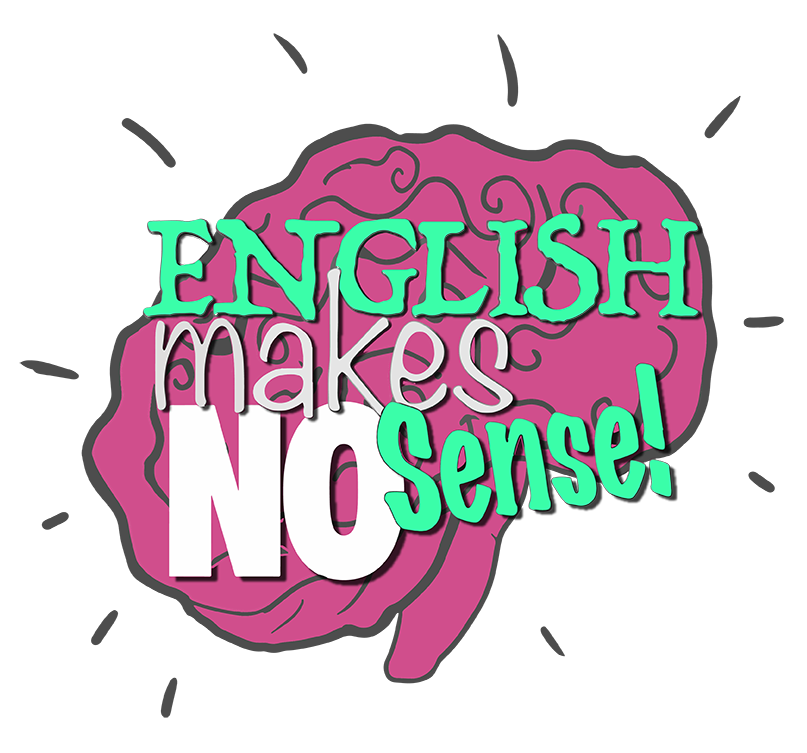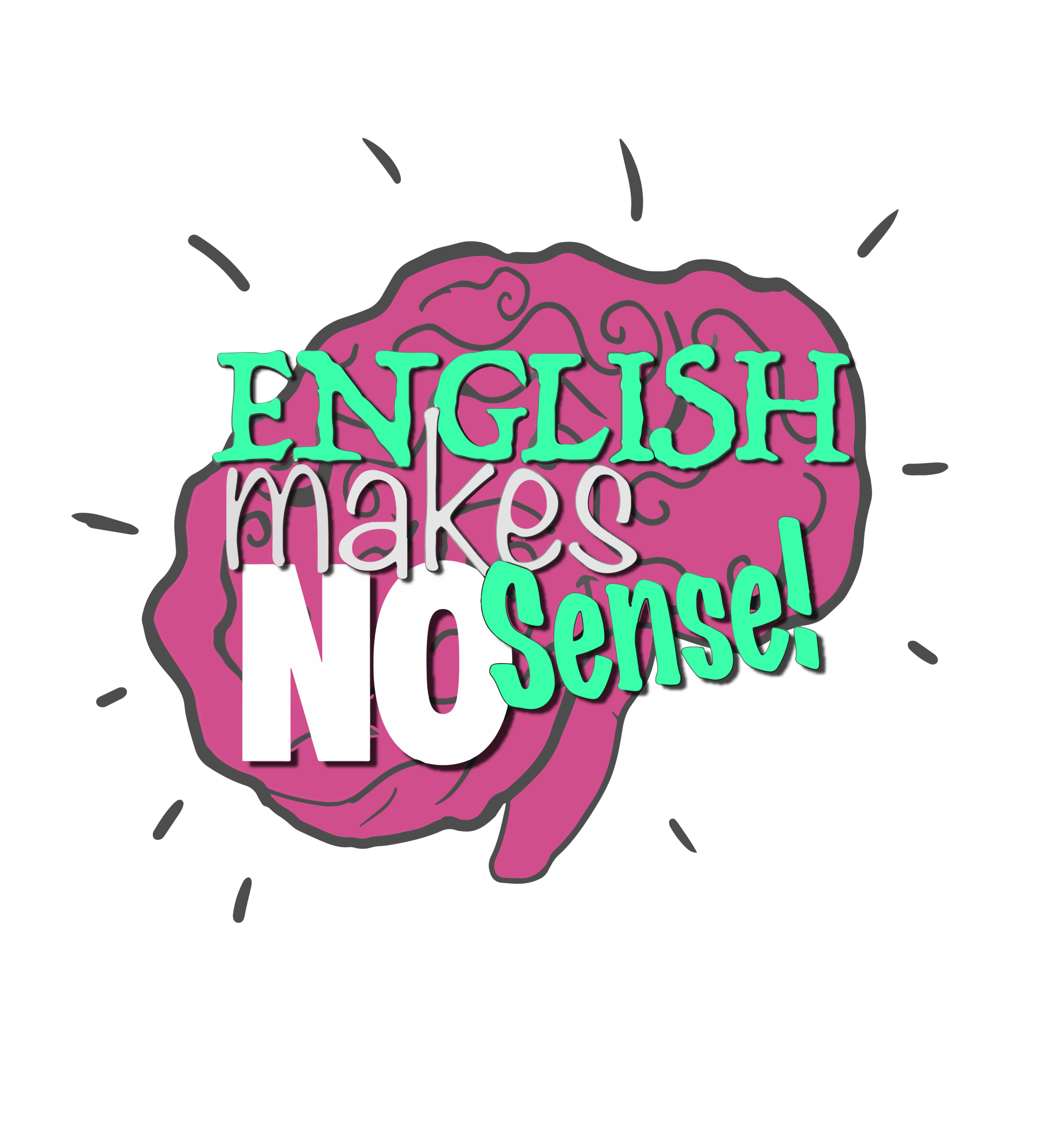Abstract and concrete nouns are two different types of nouns that refer to different kinds of things. Understanding the distinction between them is essential for effective communication in English.
Concrete Nouns
Concrete nouns refer to tangible, physical objects that can be perceived through the five senses (sight, hearing, touch, taste, and smell). These nouns represent things that have a physical existence and can be experienced directly.
- Examples: “table,” “chair,” “dog,” “apple,” “car,” “book.”
Abstract Nouns
Abstract nouns, on the other hand, refer to ideas, concepts, qualities, emotions, or states that cannot be perceived through the senses. They represent intangible things that exist in thought, feeling, or imagination.
- Examples: “love,” “happiness,” “freedom,” “justice,” “anger,” “loyalty.”
It’s important to note that while concrete nouns represent specific physical objects, abstract nouns represent broader concepts or ideas. Abstract nouns often require context or explanation to understand fully, as they may be subjective and open to interpretation.
Here are some key differences between abstract and concrete nouns:
- Concrete nouns can be experienced through the senses, while abstract nouns cannot.
- Concrete nouns are typically specific and tangible, while abstract nouns are often general and intangible.
- Concrete nouns are usually easier to visualize and understand, while abstract nouns may require more context or explanation.
Understanding the distinction between abstract and concrete nouns can help improve clarity and precision in writing and communication. Additionally, recognizing the type of noun being used can enhance comprehension and interpretation of language.









